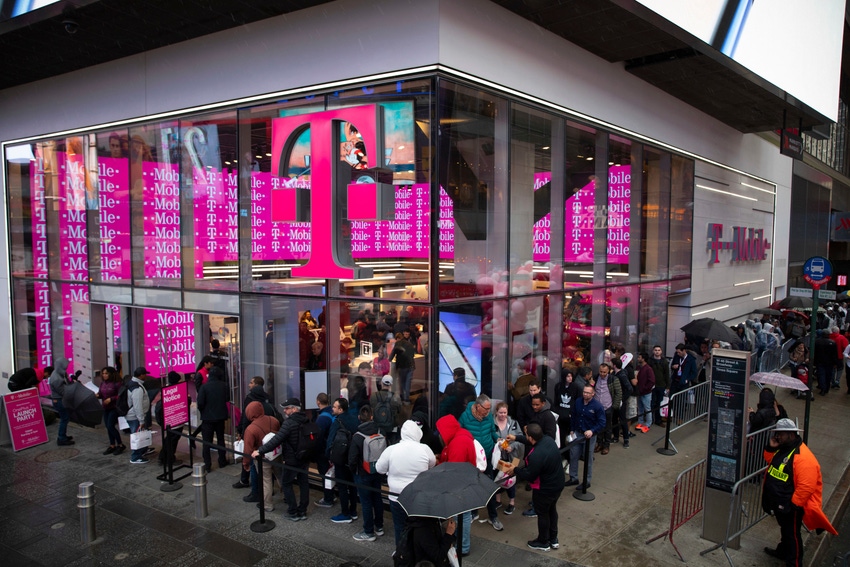2G's death sentence gets a reprieve in the US
Early last year, T-Mobile said it would shut down its 2G network on April 2, 2024. But now the operator said 'we have not yet established an exact date, we will notify you in advance when we plan to retire' 2G.

2G in the US was scheduled to be executed on April 2. But T-Mobile appears to have given the technology a reprieve.
"While we have not yet established an exact date, we will notify you in advance when we plan to retire T-Mobile's older 2G (GSM) network," the company said on its "network evolution" website. "Please be aware that as we work towards this retirement, capacity and coverage of the T-Mobile 2G (GSM) network will change as some 2G (GSM) sites will come down prior to the full network retirement."
That's a change from early last year, when the operator said it would turn off its 2G GSM network on April 2, 2024. "Moving customers who are on old networks onto modern, advanced high-speed networks means they will need to have phones and devices that can tap into the latest technologies," the operator said at the time.
"We know our 2G network remains important to the small number of consumers who still use it, including international roamers. To minimize impact to them, we have paused its retirement as we focus on other priorities but continue to assess this and will proceed when the disruption is minimal," T-Mobile said in a statement to Light Reading.
Both AT&T and Verizon have already shuttered their 2G operations, leaving T-Mobile as the sole 2G network operator in the US market.
However, T-Mobile's move isn't surprising. US network operators routinely set network shutdown dates only to extend them. For example, Verizon initially said it would shut down its 3G network in 2019, but didn't actually pull the trigger until last year. Similarly, T-Mobile delayed the shutdown of its 3G network.
Issuing deadlines and delays can help motivate customers still using older network technologies to upgrade their devices.
Regardless, some customers may remain on such networks despite the warnings. For example, AT&T discontinued service on its 2G network in 2017. According to AT&T's filings with the SEC around that time, it counted 4 million customers on its 2G network, the bulk of which were IoT devices.
T-Mobile's 2G pardon represents yet another breather for a technology that is entering its fourth decade of service in some parts of the world. First launched in the early 1990s, a number of mobile network operators across the globe have moved to shutter their 3G networks before turning off 2G. That's partly because some feature phones and some Internet of Things services still use 2G connections. But it also reflects the incredible durability of 2G technology in an age of 5G.
About the Author(s)
You May Also Like












